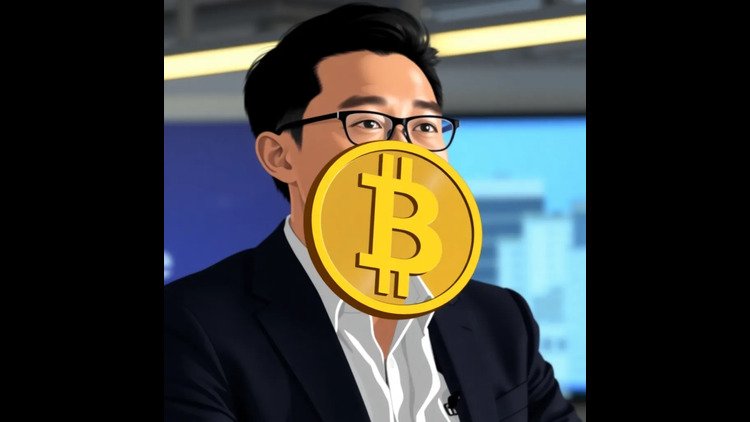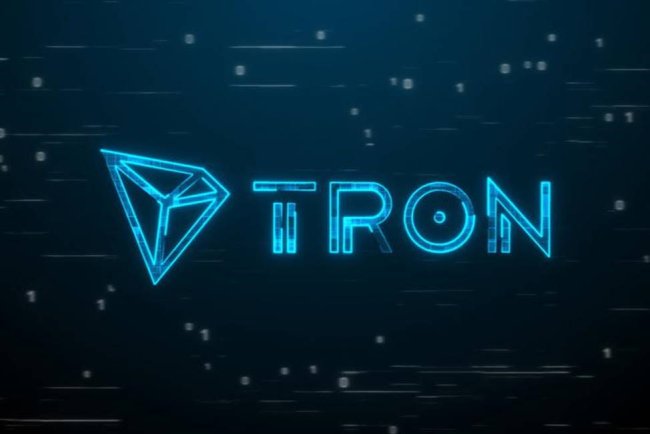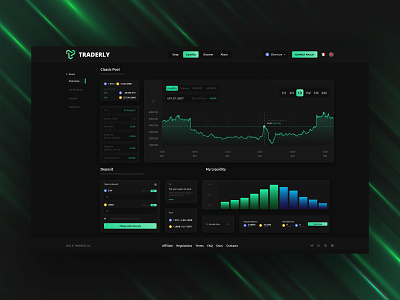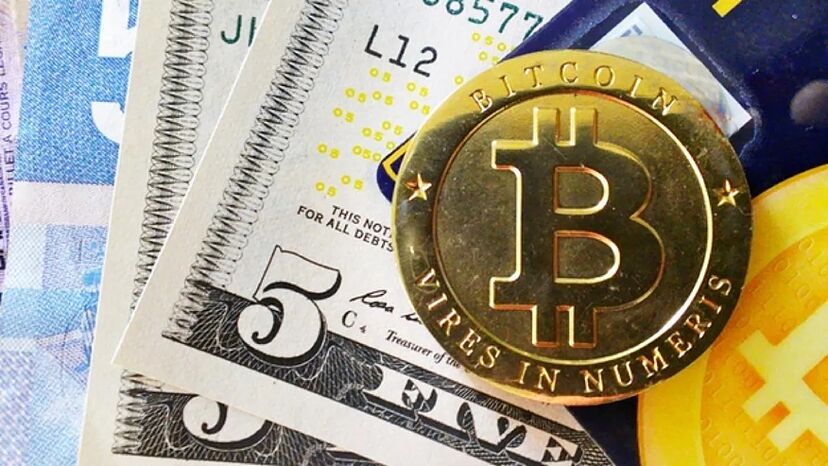Justin Sun and Andre Cronje challenge Coinbase’s listing fee transparency claims
Justin Sun and Andre Cronje, prominent figures in the crypto industry, have publicly challenged Coinbase's claims of transparent listing fee practices. The duo has raised concerns about potential hidden costs and the lack of clarity surrounding the exchange's fee structure.

Justin Sun, the founder of the Tron Network, and Andre Cronje, co-founder of Sonic Labs, have raised concerns regarding Coinbase CEO Brian Armstrong's assertion that the U.S.-based exchange offers free asset listings.
On November 4, Sun disclosed that Coinbase allegedly requested a payment of 500 million TRX, approximately valued at $80 million, for the listing of TRX, the native token of Tron. He contrasted this with Binance, which he claimed did not impose any fees for listing the token. Furthermore, Sun mentioned that Coinbase sought a $250 million Bitcoin deposit into Coinbase Custody to enhance liquidity, emphasizing that while he respects Coinbase, the listing process incurs substantial costs.
Supporting Sun's claims, Cronje revealed that Coinbase had approached his team with listing fee requests ranging from $30 million to $300 million. He stated:
“Binance charged us $0. Coinbase has asked us for; $300m, $50m, $30m, and more recently $60m. Lots of respect. But this is simply not true.”
Community Defends Coinbase
The allegations from Sun and Cronje prompted members of the crypto community to come to Coinbase's defense. Greg Osuri, founder of Akash Network, asserted that Coinbase did not charge any fees for listing his project. Similarly, Haider Rafique, Chief Market Officer at OKX, supported Coinbase's transparency, stating that the platform does not impose listing fees.
Luke Youngblood, a contributor to Moonwell DeFi, provided additional context, explaining that Coinbase occasionally runs educational campaigns through its Earn platform, which may involve marketing costs. He clarified that this could be misinterpreted as a listing fee, especially since non-U.S. exchanges often request a "marketing budget" that resembles a listing fee. Youngblood noted:
“I can see how Andre might have made an honest mistake assuming a Coinbase Earn campaign was required for a listing. It is definitely not required and is a completely different part of Coinbase that is unrelated to listings.”
Allegations Against Binance's Listing Fees
These discussions arose after community members debated listing fees on major crypto exchanges, including Binance. On October 31, Simon Dedic, CEO of Moonrock Capital, alleged that Binance requested 15% of a project's total token supply, potentially costing between $50 million and $100 million for some projects. He argued that such high fees could negatively impact market stability and liquidity, particularly for emerging projects.
In response, Binance co-founder He Yi dismissed Dedic's claims as unfounded and labeled them as FUD (fear, uncertainty, and doubt). She explained that while some projects might offer funds or token shares, they must still meet Binance's stringent listing requirements. Yi stated:
“FUD will never go away, but it makes us stronger. Gossip is easy to get traffic, and business competition is always full of dark sides; When you understand the rules of how the world works, you will no longer be easily swayed by rumors, and you will have the ability to think independently.”
FAQ: Justin Sun, Andre Cronje, and Coinbase Listing Fee Controversy
1. What is the core issue between Justin Sun, Andre Cronje, and Coinbase?
The controversy centers around allegations of high listing fees charged by Coinbase, contradicting the exchange's claims of free asset listings.
2. What specific claim did Justin Sun make about Coinbase?
Sun alleged that Coinbase requested 500 million TRX (approximately $80 million) to list the Tron token and sought a $250 million Bitcoin deposit for custody liquidity.
3. What did Andre Cronje reveal about Coinbase listing fees?
Cronje stated that Coinbase approached his team with listing fee requests ranging from $30 million to $300 million, in contrast to Binance's zero-fee approach.
4. How did the crypto community respond to these allegations?
Some community members, like Greg Osuri and Haider Rafique, defended Coinbase, claiming they did not experience listing fees for their projects.
5. What is the Coinbase Earn platform mentioned in the controversy?
Coinbase Earn is an educational platform where users can learn about cryptocurrencies and earn small amounts of tokens, which some mistakenly interpret as a listing requirement.
6. What were the allegations against Binance's listing fees?
Simon Dedic claimed that Binance requests 15% of a project's total token supply, potentially costing $50-$100 million for some projects.
7. How did Binance respond to these allegations?
Binance co-founder He Yi dismissed the claims as FUD (fear, uncertainty, and doubt), emphasizing that projects must meet strict listing requirements.
8. What is the significance of these listing fee discussions?
The controversy highlights transparency issues in cryptocurrency exchange listing processes and the potential financial barriers for emerging projects.
9. Why are listing fees important in the crypto ecosystem?
Listing fees can impact a project's ability to gain visibility, liquidity, and market access, potentially affecting its overall success.
10. What does Justin Sun's involvement mean for this controversy?
As the founder of Tron, Sun's claims bring significant attention to exchange listing practices and potential hidden costs.
11. How do different exchanges approach token listings?
Exchanges have varying approaches, with some charging substantial fees, while others claim to have more transparent or free listing processes.
12. What should projects consider when seeking exchange listings?
Projects should carefully review listing requirements, potential costs, and the strategic value of being listed on different exchanges.
13. Are these allegations proven or still under dispute?
The claims are currently allegations without definitive third-party verification, representing different perspectives from industry participants.
14. How might these revelations impact the crypto exchange market?
The controversy could potentially lead to increased scrutiny of exchange listing practices and calls for greater transparency.
15. What advice do experts give to crypto projects about exchange listings?
Experts recommend thorough due diligence, understanding full listing requirements, and carefully evaluating the potential benefits versus costs.
Additional Insights:
- Always verify information from multiple sources
- Understand that listing processes vary between exchanges
- Consider the long-term strategic value of exchange listings
- Be prepared for potential hidden or indirect costs
What's Your Reaction?















